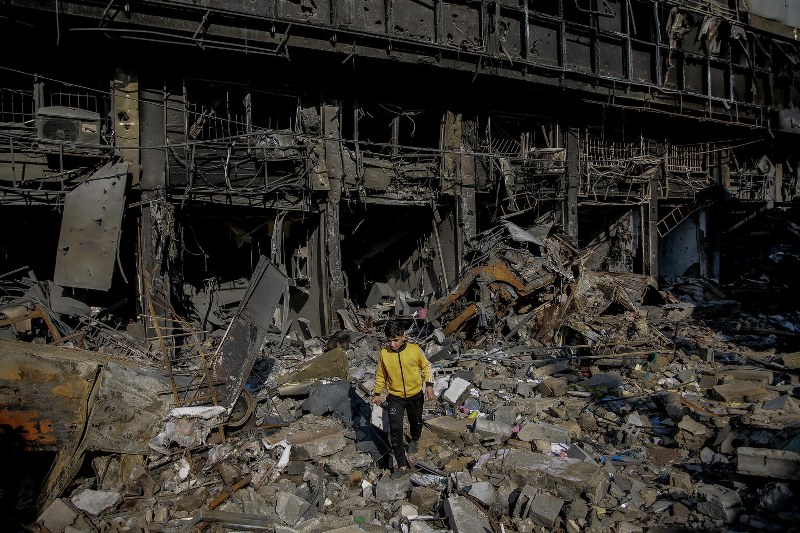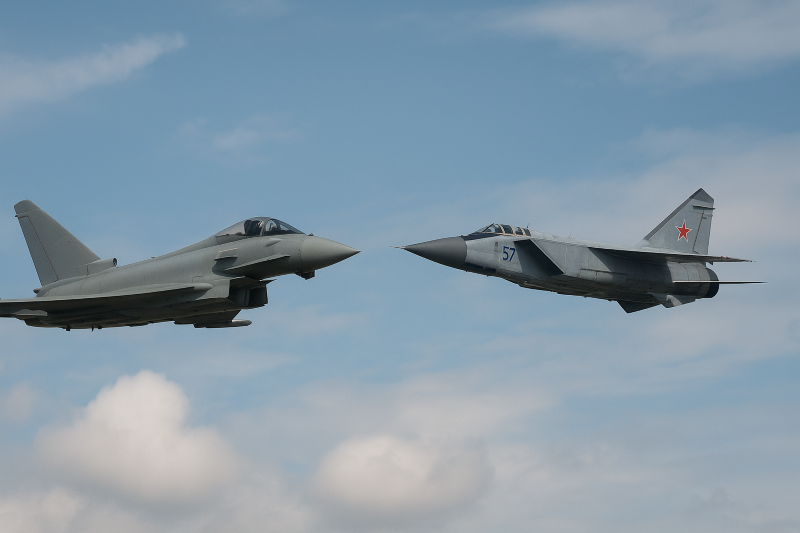Israel-Hamas War: UN envoy advocates immediate ceasefire in Gaza

Gaza: A top UN official in the Middle East underscored the importance of a ceasefire in Gaza during a briefing to journalists at UN headquarters on Wednesday.
In New York for discussions on how to "chart a way out of this crisis and how we can do it with the parties on the ground," UN Special Coordinator for the Middle East Peace Process, Tor Wennesland, said, "We know very well" what the impediments are for this to happen politically, which must be overcome.
"I can see that there is a lining up in the region, in Europe, and from the international community to see that happening. But it's not a quick fix; it's not an easy one, and it will take some very hard diplomatic work," he said.
Having "been on the road" since the Gaza crisis erupted on October 7 last year, Wennesland will meet with Secretary-General Antonio Guterres and the five permanent members of the Security Council—China, France, Russia, Britain, and the United States—before heading to Washington, D.C.
The aim is to see how we get out of a humanitarian nightmare and a conflicted West Bank into a different course via a political solution, he said.
Interim The UN Humanitarian Coordinator for the Occupied Palestinian Territory, Jamie McGoldrick, is currently in Gaza to establish key priorities for aid delivery whenever a humanitarian ceasefire is in place.
Ongoing hostilities make it impossible for the UN to deliver effectively on the ground, "so that conflict needs a pause quickly," said Wennesland.
Commending diplomatic efforts by Egypt, Qatar, and the United States, he acknowledged that an agreement on a lasting ceasefire "will be incredibly difficult to set up" and "not a quick fix whatsoever."
Before his speech, the UN chief warned member states that any Israeli military action in Rafah, the southern city on the border with Egypt where hundreds of thousands of Palestinians are now sheltered, would exacerbate the "humanitarian nightmare" in Gaza with "untold regional consequences."
Wennesland noted that Rafah is currently the only entry point for aid into Gaza, highlighting this humanitarian "perspective."
At the same time, the political "aspect" is also being addressed "proactively and intensively" between Israel and Egypt.
He stressed the need for the international community to "put the necessary pressure on the points that would trigger change," reiterating the call for a ceasefire based on an agreement on an exchange of hostages and prisoners.
(With UNI/Xinhua inputs)



